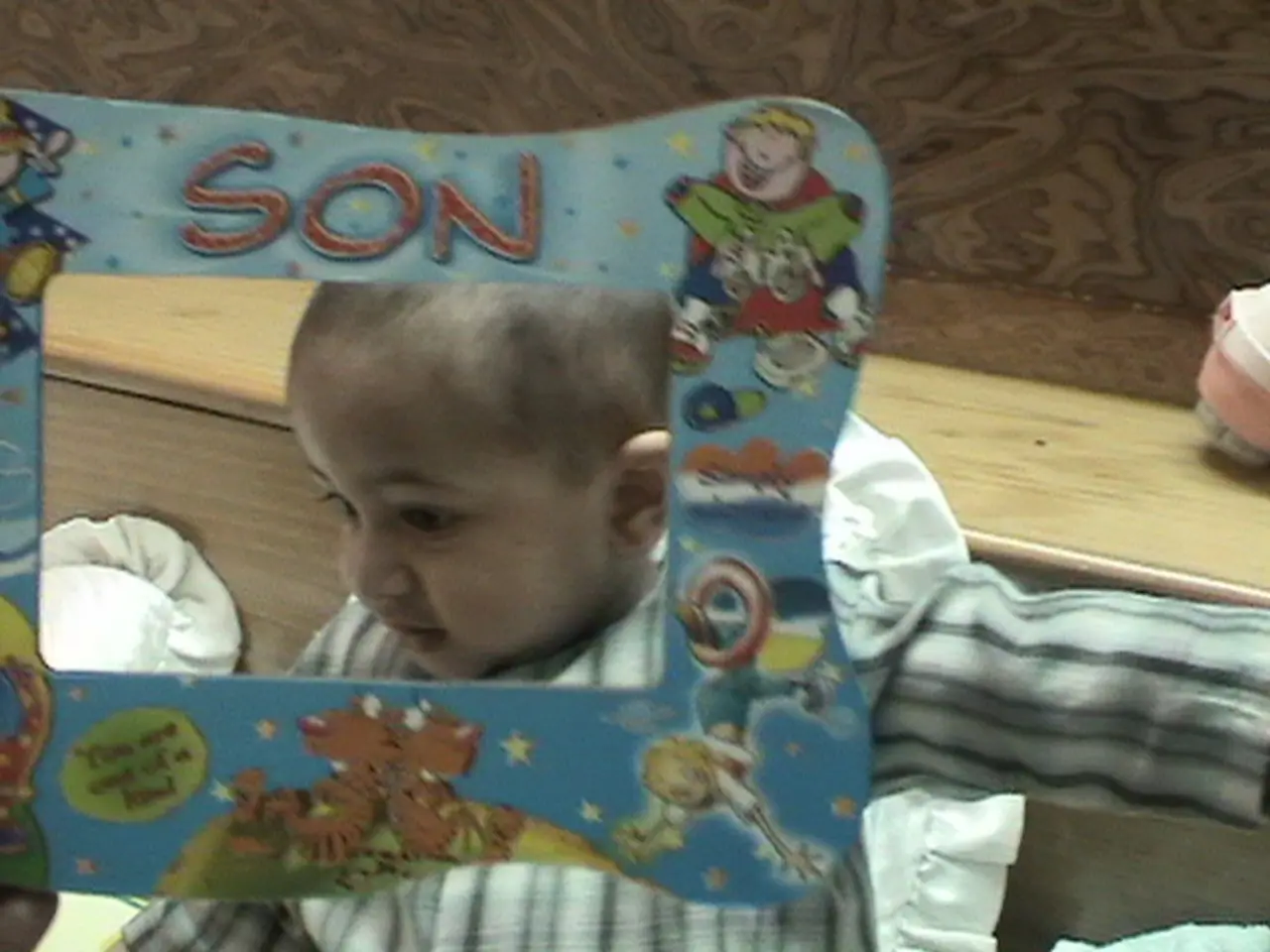Memories of Early Life Eluding You?
In the article "Memory Retention in Toddlers," written by Behaviour Analyst Elena Marinopoulou, we delve into the fascinating world of memory development in toddlers and the impact of emotional memories and trauma on this process.
Toddlers, at this stage of development, primarily form emotional memories through sensory and affective experiences, rather than explicit memories like storytelling or facts. This is due to the immature state of their explicit memory systems and language ability [1]. The limbic system, a crucial part of the brain, plays a vital role in this process, enabling toddlers to link emotions with certain events, allowing them to remember comfort through sensations [6].
As the toddler years progress (roughly ages 1–3), their memory retention improves, supported by the development of language and self-concept. This improvement is pivotal for their growing awareness of self and others, which underpins empathy, morality, and identity formation [1][3].
However, disruptions in memory development, particularly from early trauma, can have profound effects on cognitive functions and emotional regulation. Trauma can cause the hippocampus, a key area for memory retention, to temporarily shut down or function less effectively, making explicit memories inaccessible [9]. Consequently, traumatised children often recall first memories much later than their non-traumatised peers, supporting the idea that trauma can significantly widen the normal window of childhood amnesia [10].
Furthermore, trauma can alter how the brain develops and stores early memories, causing memory gaps that extend beyond age four [7]. These memories are encoded in fragmented ways that bypass typical memory systems, affecting thoughts, emotions, and behaviors [8].
Professional support is available for those who may benefit from it [17], and it's essential to remember that the gradual maturation of memory systems in toddlers—from implicit emotional memories to more explicit, autobiographical memories—plays a foundational role in their early emotional bonding, social understanding, and identity development [1][3][2]. This process is sensitive to environmental influences, including the quality of caregiving and experiences during critical brain development windows [1][3][2].
[1] Marinopoulou, E. (2022). Memory Retention in Toddlers. [2] LeDoux, J. E. (2000). Synaptic self: How the brain takes control. Viking. [3] Schore, A. N. (2018). Affect dysregulation, disability, and dissociation: The neurobiological legacy of childhood trauma and abuse. Routledge. [17] (No specific reference provided)
- Psychology and health-and-wellness professionals might implement therapy techniques to address the impact of early trauma on a toddler's developing memory systems, given that such disruptions can affect cognitive functions, emotions, and behaviors.
- The science of psychology reveals that the transition from implicit emotional memories to more explicit, autobiographical memories in toddlers is crucial for their mental health, including emotional bonding, social understanding, and identity development, with these processes being sensitive to environmental influences, such as the quality of caregiving.




